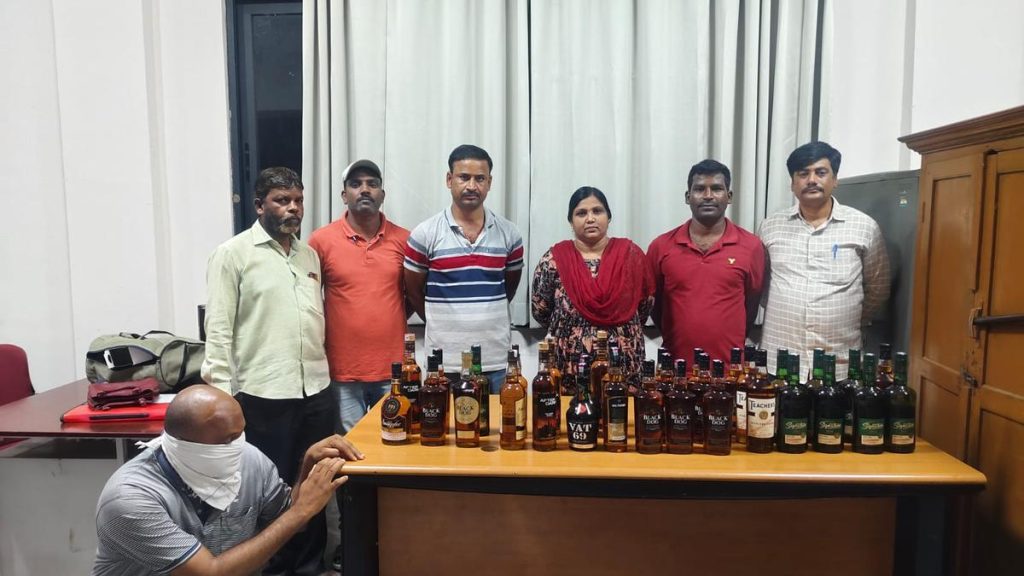Now Reading: Study Reveals Higher Cancer Rates Among Women in Jaipur’s Polluted Zones
-
01
Study Reveals Higher Cancer Rates Among Women in Jaipur’s Polluted Zones
Study Reveals Higher Cancer Rates Among Women in Jaipur’s Polluted Zones

Rapid Summary
- An analysis of ICD-coded cancer patient data in Rajasthan revealed a high cancer incidence among women in the Sanganer municipal segment of Jaipur.
- Sanganer, known for its traditional textile industry and hand block printing, has highly polluted surface water bodies due to effluents from these industries.
- The contaminated water is extensively used for growing vegetables in the area.
- A study analyzed 23 cancer patients from Sanganer between 2020 and 2024, out of a total of 14,512 cases reported across Rajasthan during this period.
- Among these Sanganer patients,there were 15 females and 8 males,showing a higher prevalence among women-a reversal of the overall state trend where male-to-female ratio was 1.5:1.
- Toxic chemicals in the effluent are suspected to be probable carcinogens that may selectively affect hormone-sensitive organs and tissues in women of reproductive age due to hormone-disrupting properties found in contaminants.
- Top cancers reported statewide include lip/oral cavity/pharynx (31.55%), digestive organs (14.90%), breasts (12.17%), respiratory/intrathoracic organs (11%), and female genital organs (8.19%).
- Dr. S.G Kabra suggested further scientific studies are necessary to confirm findings on female preponderance linked to environmental toxins.
Indian Opinion Analysis
The data highlights the urgent need for addressing industrial pollution issues associated with small-scale industries like those found in sanganers textile sector-specifically toxic effluents entering water systems used by local communities for agriculture and daily needs. While causality remains unproven, early analysis suggests potential gender-specific health vulnerabilities caused by hormone-disrupting toxins from industrial waste-a pressing public health concern meriting detailed investigation.
Beyond localized clusters such as those identified here,this case underscores broader implications regarding enforcement gaps in pollution control measures across India’s small-scale industrial hubs that might both directly harm ecosystem health while disproportionately impacting specific demographics like rural or marginalized women.
The intersectionality between employment-driven socio-economic dependence on polluting industries and public health hazards also demands policymaking attention targeted toward sustainable practices without hampering artisan livelihoods.
Read more: [Link unavailable]























